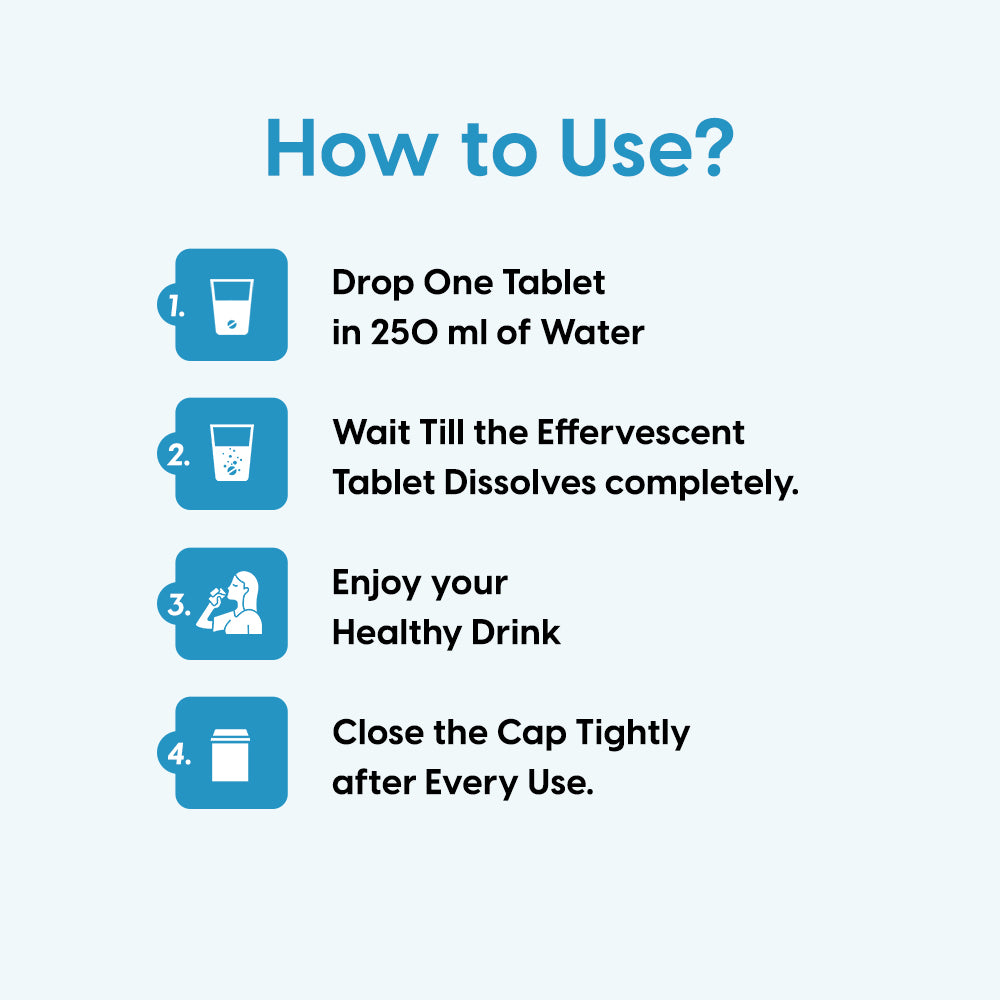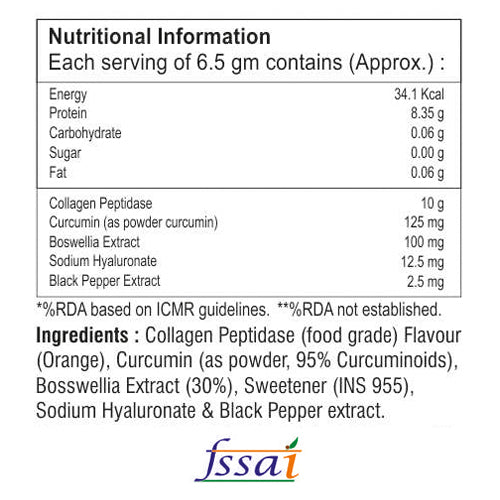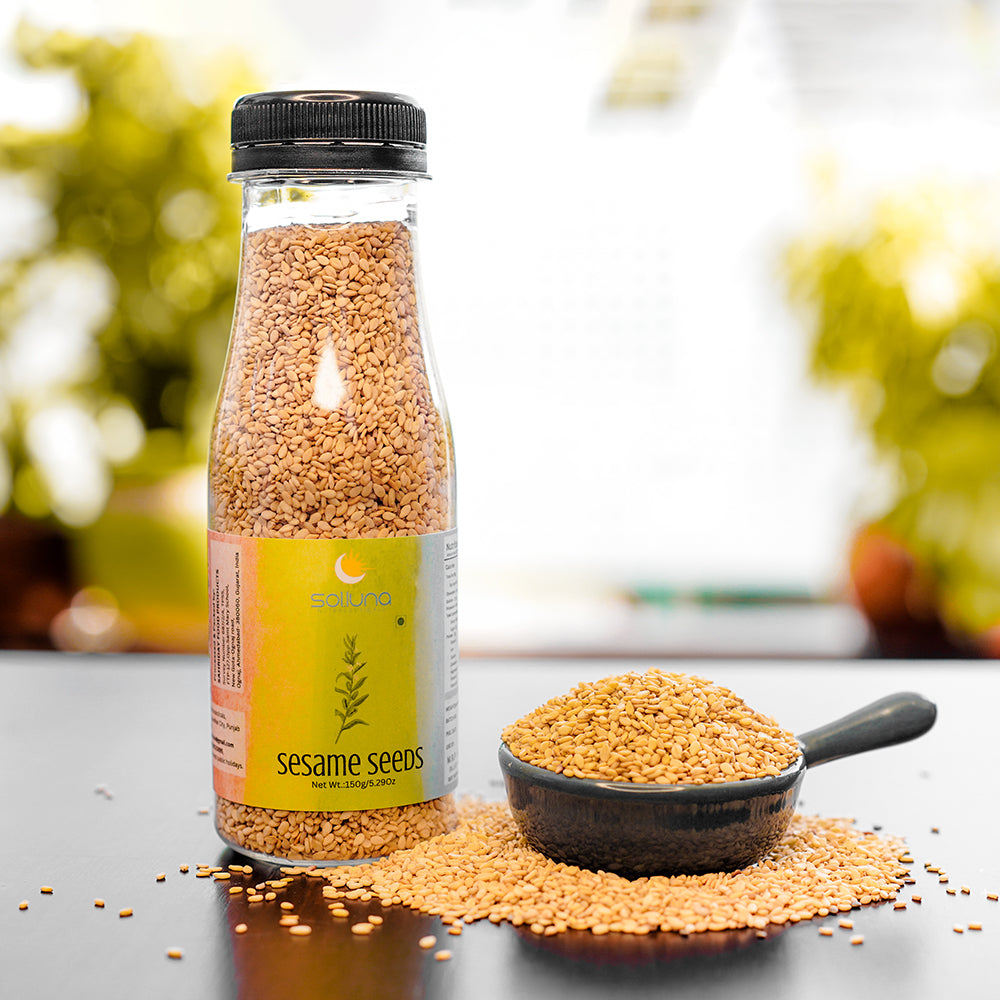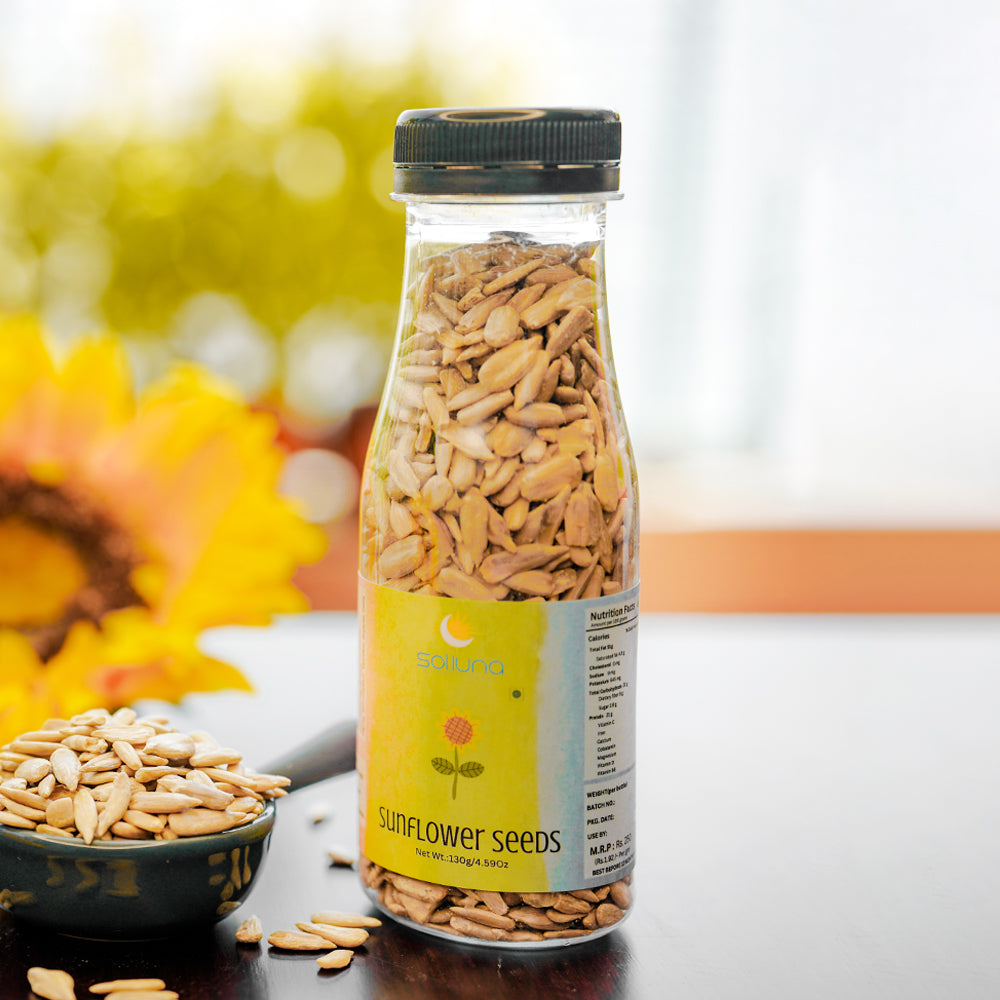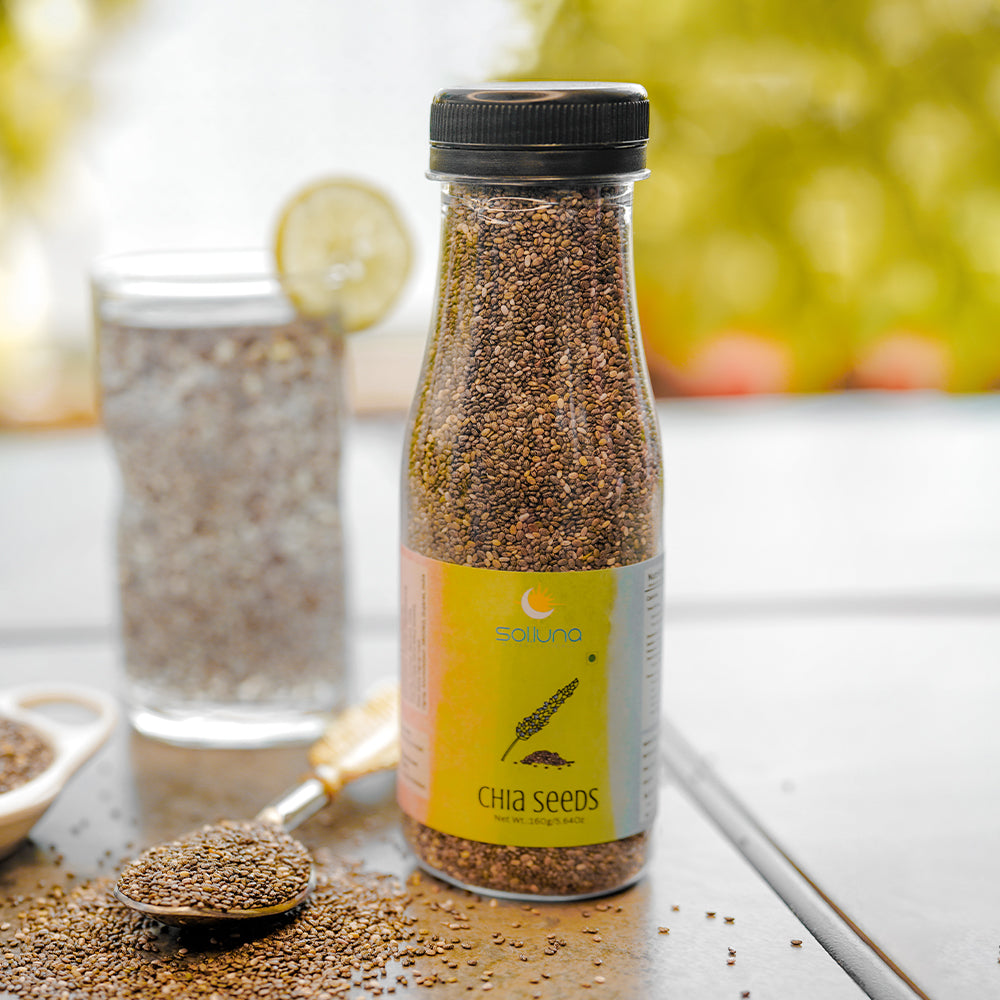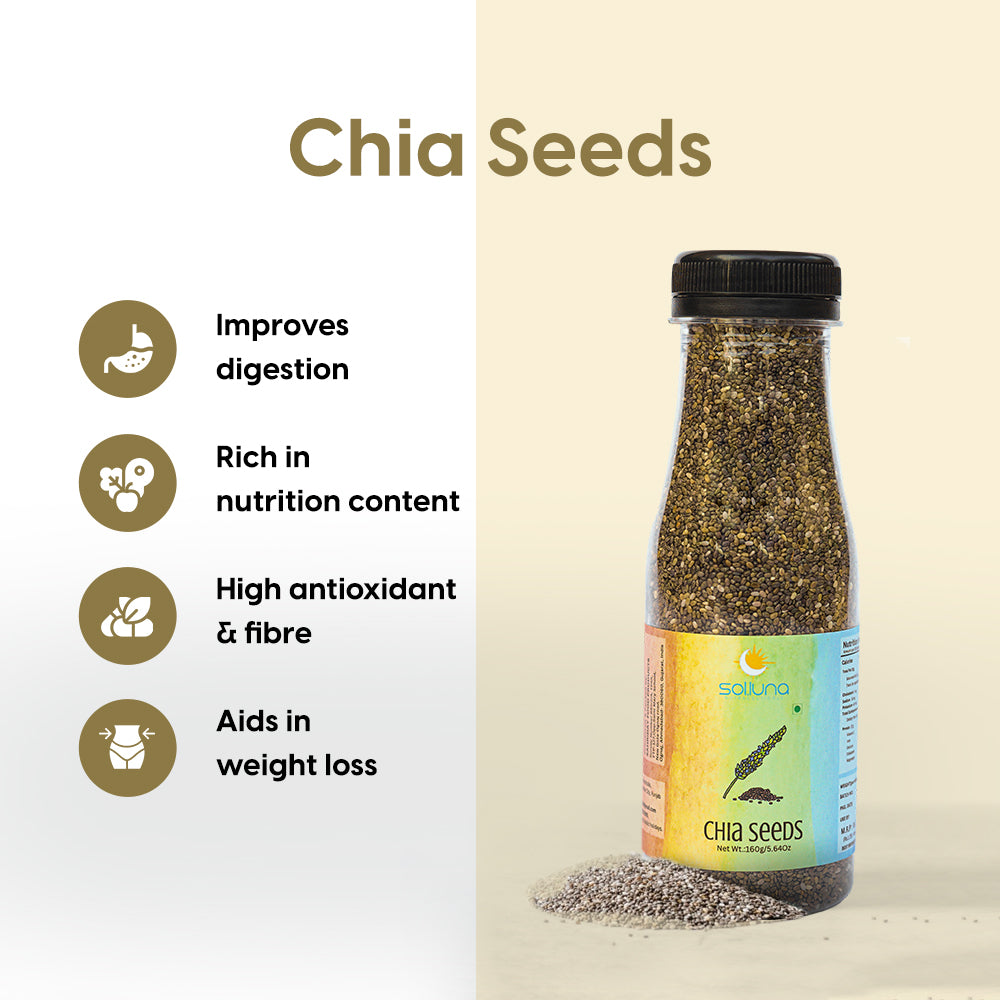Introduction
Urinary Tract Infections (UTIs) are a common health concern that can cause discomfort and inconvenience. While medical treatment is essential, there is growing interest in using supplements to support UTI management and prevention. In this article, we delve into the world of UTIs, their causes, symptoms, and explore supplements that might aid in their prevention and management.
Understanding UTIs
A Urinary Tract Infection (UTI) is an infection that can occur anywhere along the urinary tract, which includes the bladder, urethra, ureters, and kidneys. The vast majority of UTIs are caused by bacteria, with Escherichia coli (E. coli) being the most common culprit. UTIs are more common in women due to their shorter urethra, which provides bacteria easier access to the bladder.
Symptoms of UTIs
Common symptoms of UTIs include:
- Frequent urge to urinate: Even when little urine is present.
- Burning sensation: Pain or discomfort during urination.
- Cloudy or bloody urine: Changes in urine colour and clarity.
- Pelvic pain: A feeling of pressure or discomfort in the pelvic region.
- Strong-smelling urine: An unusually strong odour to urine.
- Fatigue or fever: These symptoms can indicate that the infection has reached the kidneys.
Supplements for UTI Management and Prevention
- Cranberry: Cranberry supplements, often available in capsule or tablet form, contain compounds that might help prevent bacterial adherence to the urinary tract walls, reducing the risk of infection. However, the effectiveness of cranberry supplements can vary, and they are not a substitute for medical treatment if an infection has already occurred.
- Probiotics: Probiotic supplements containing strains like Lactobacillus can help maintain a healthy balance of bacteria in the gut and urinary tract, potentially reducing the risk of UTIs.
- D-Mannose: D-Mannose is a type of sugar that can be found in some supplements. It might help prevent certain types of bacteria from sticking to the urinary tract walls.
- Vitamin C: Vitamin C is known for its immune-boosting properties and its potential to create an acidic environment in the urinary tract, which can inhibit bacterial growth.
Consultation and Precautions
While supplements can be helpful, they should not replace professional medical advice and treatment. If you suspect a UTI or are experiencing symptoms, it’s crucial to consult a healthcare provider. They can provide appropriate diagnosis and recommend the necessary medical interventions, which might include antibiotics.
Conclusion
UTIs can be uncomfortable and disruptive to daily life, but there are measures you can take to manage and prevent them. Supplements like cranberry, probiotics, D-Mannose, and vitamin C might offer some support in reducing the risk of UTIs. However, a holistic approach that includes proper hygiene practices, staying hydrated, and seeking timely medical attention when needed, is essential. Remember, your healthcare provider is the best source of guidance when it comes to managing and preventing UTIs effectively.











